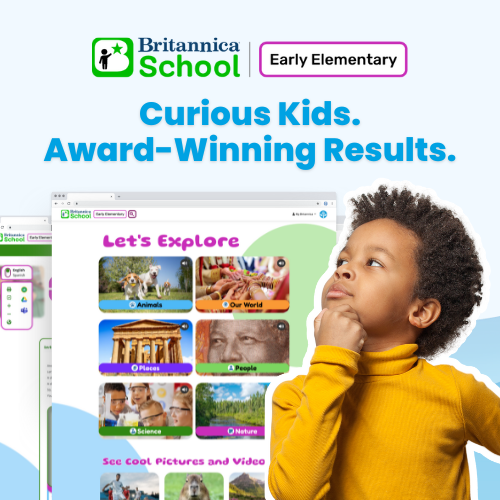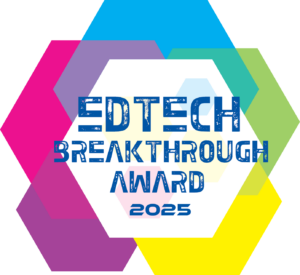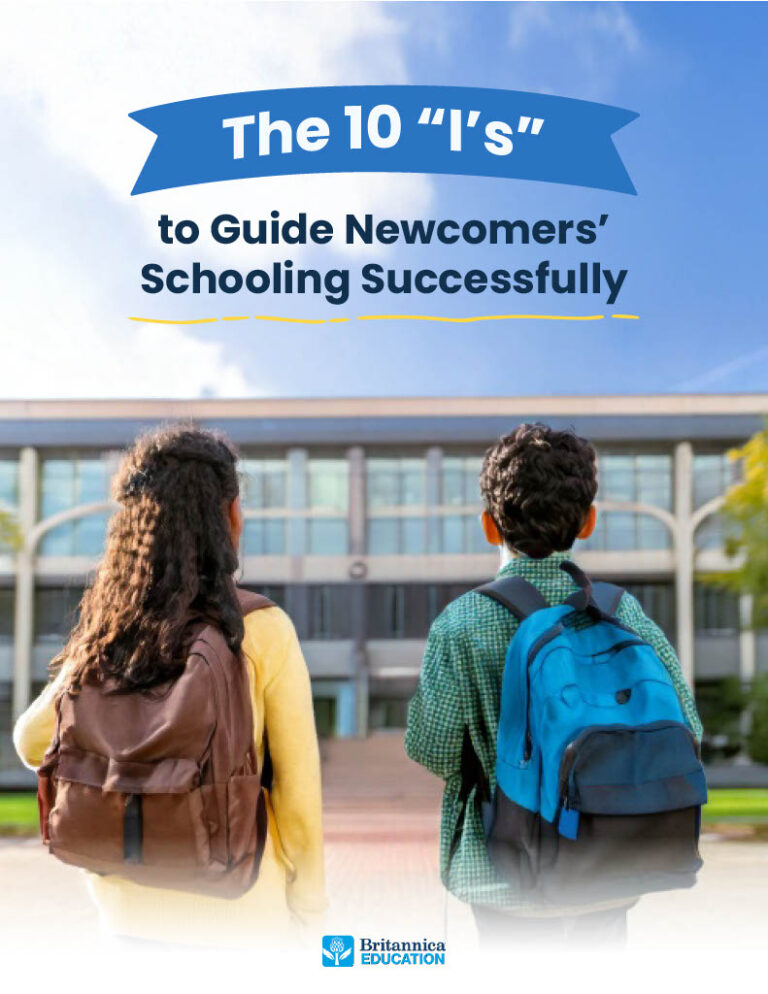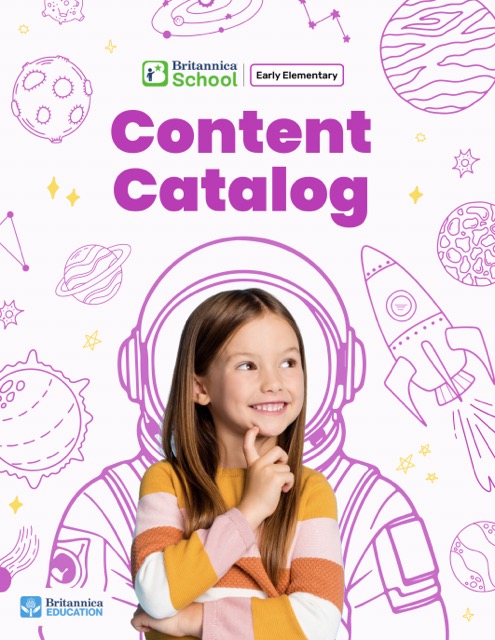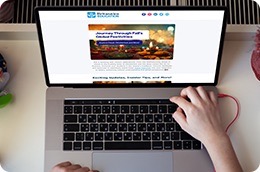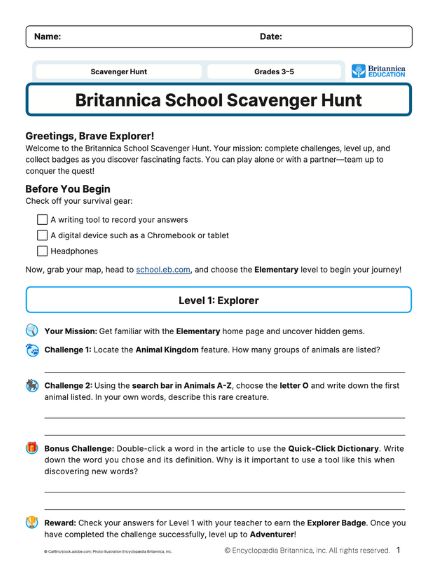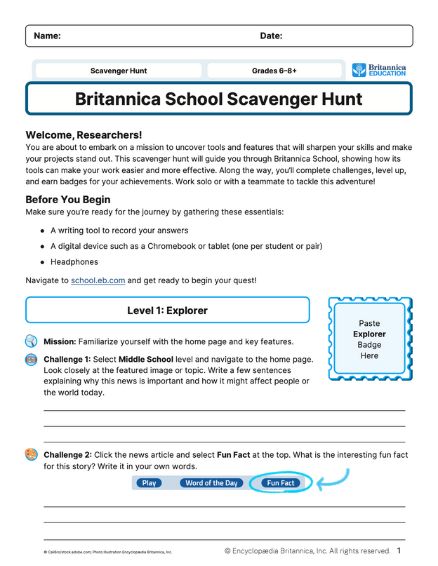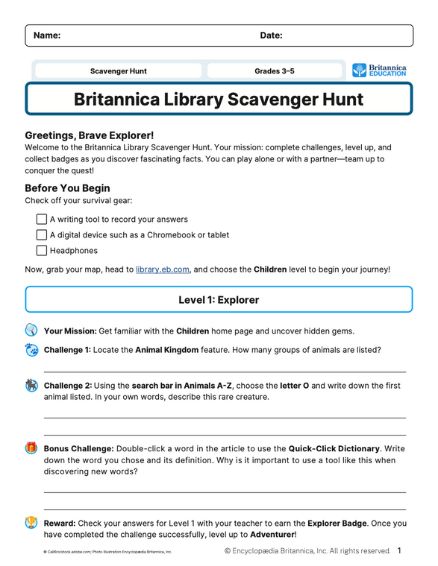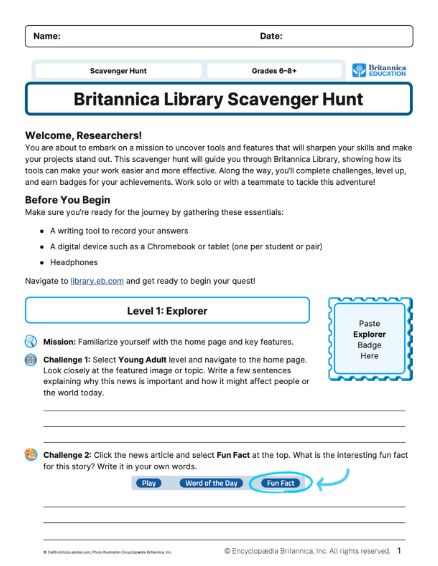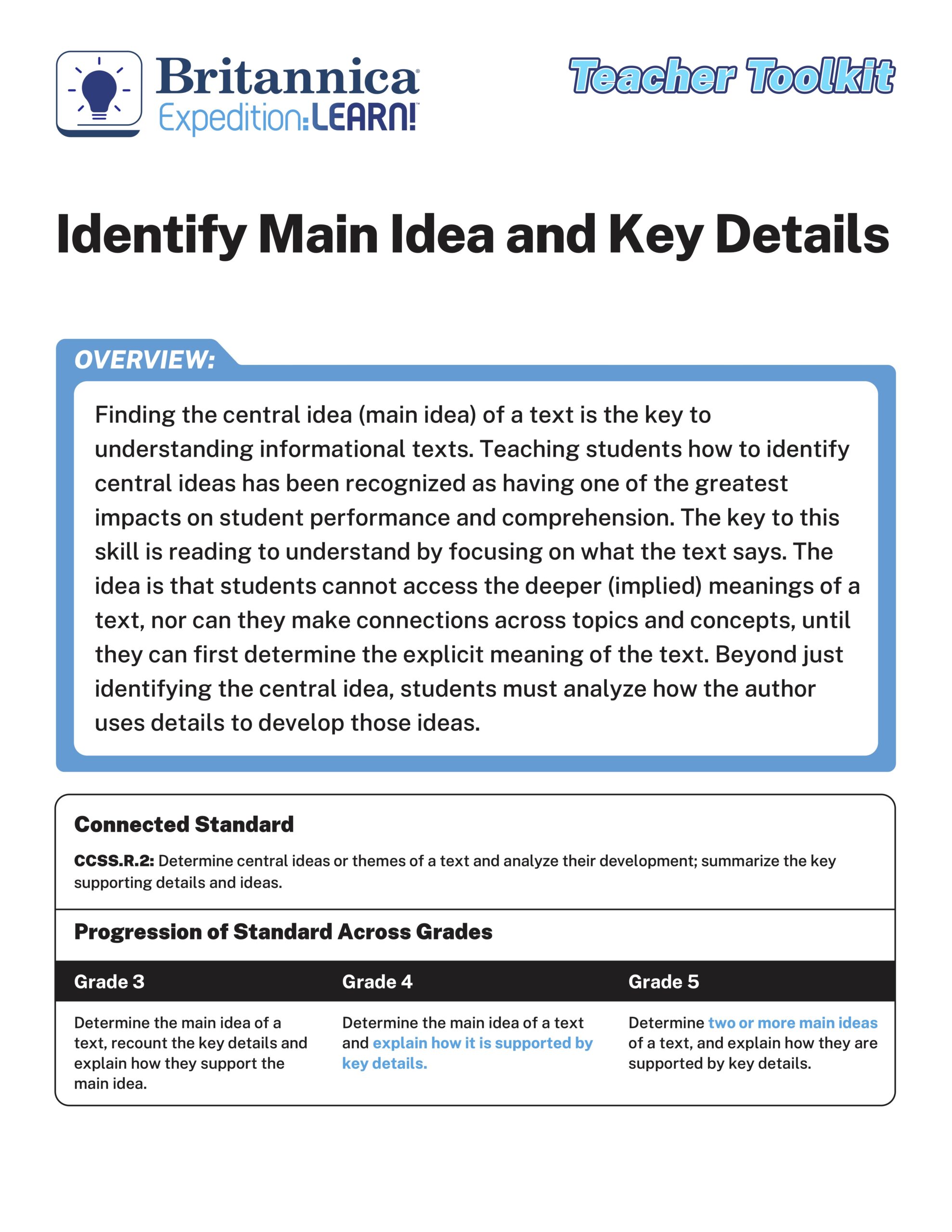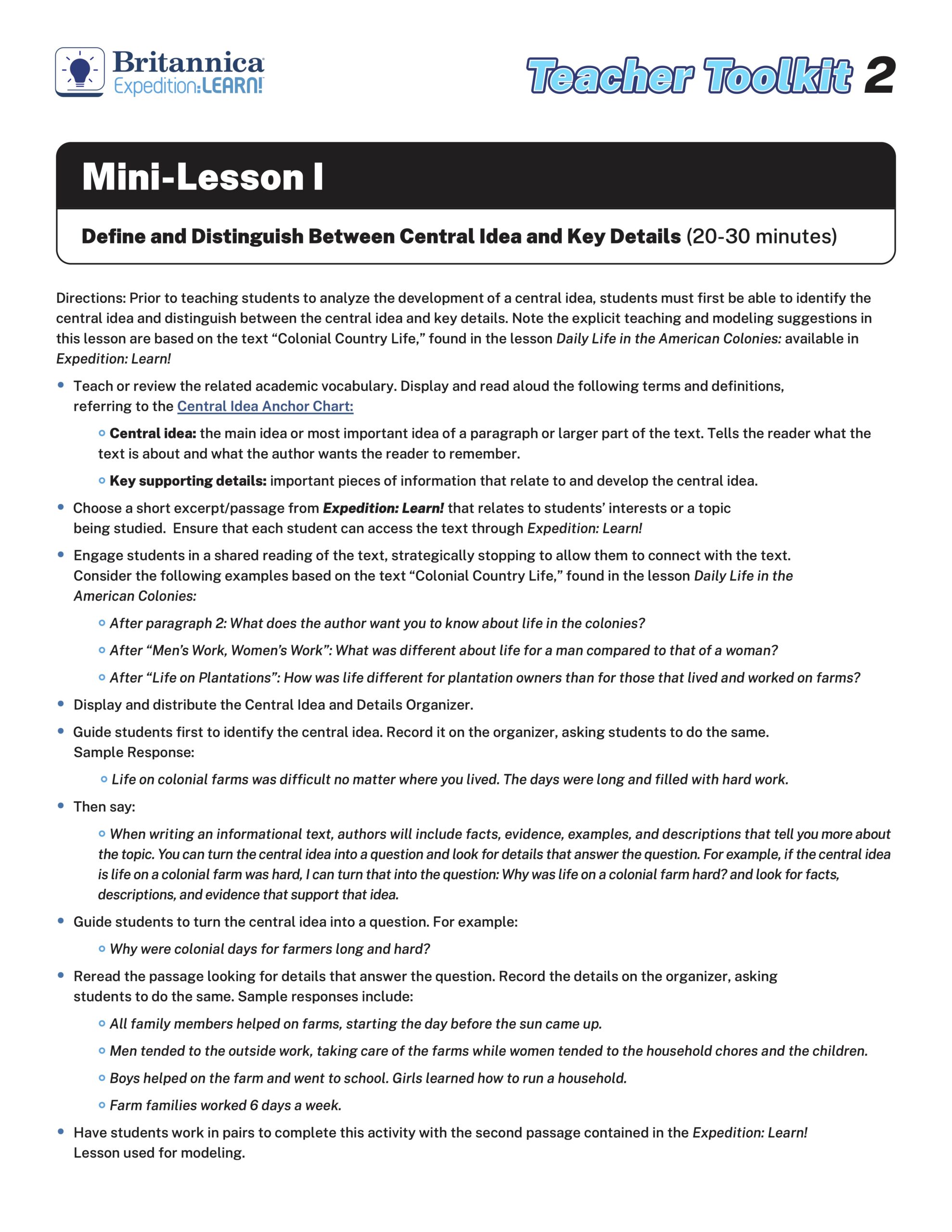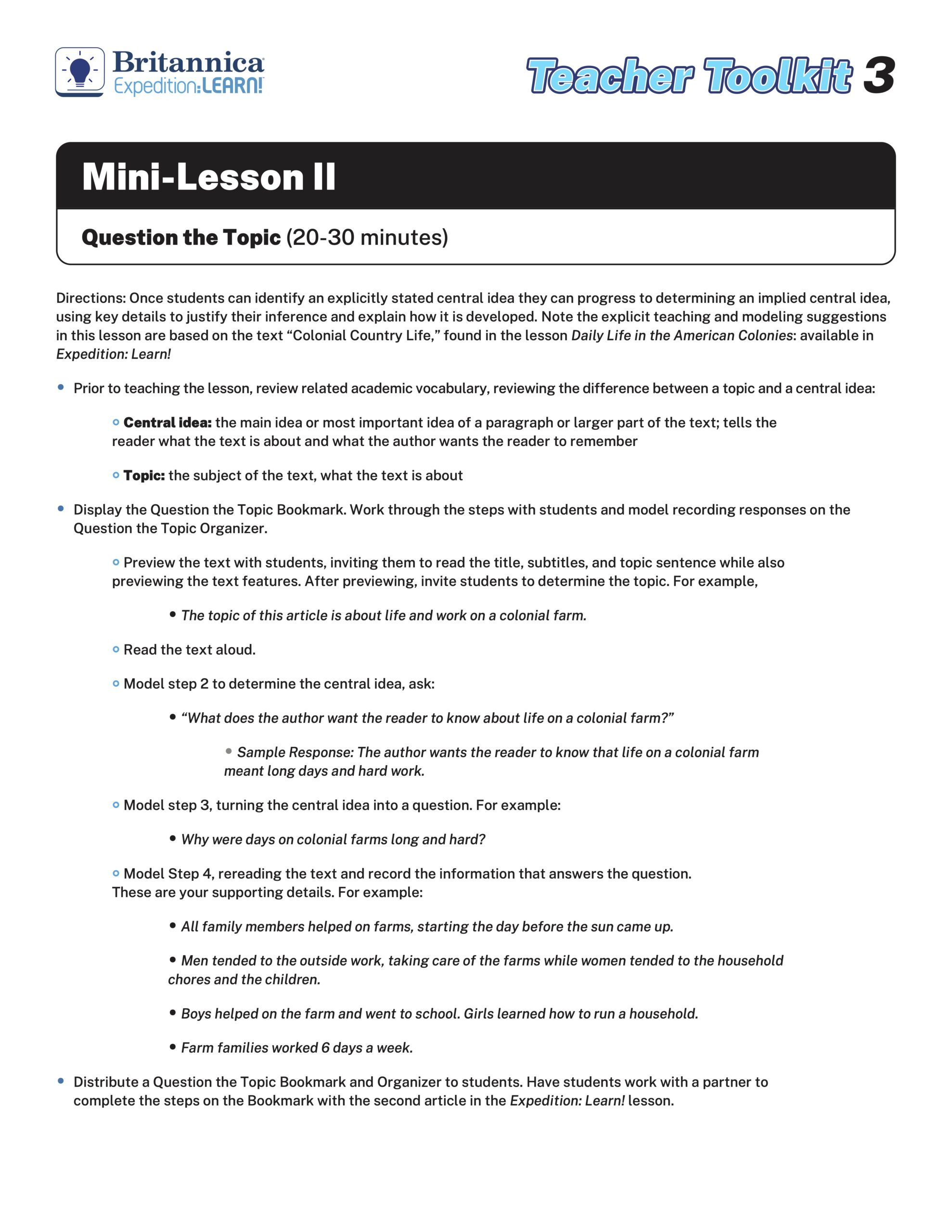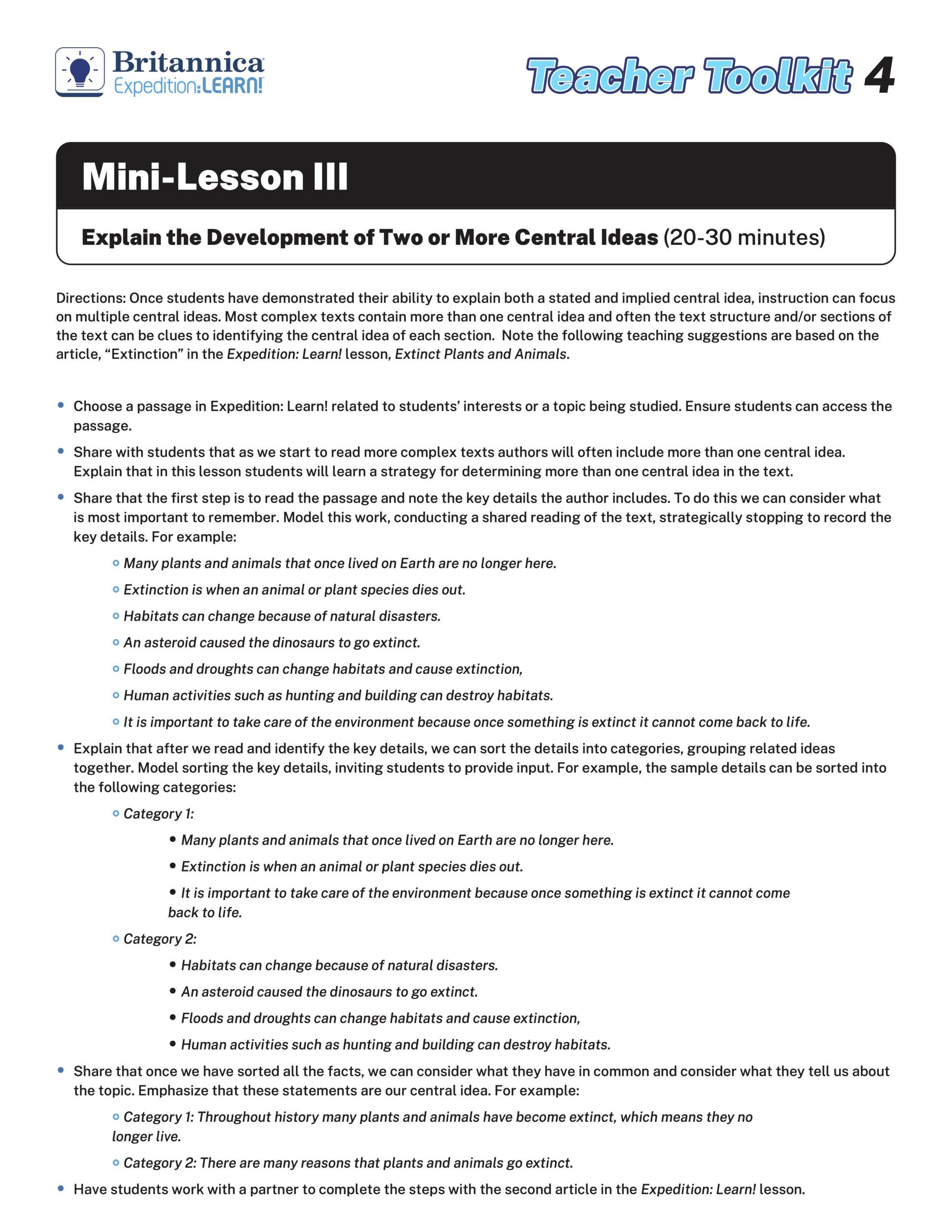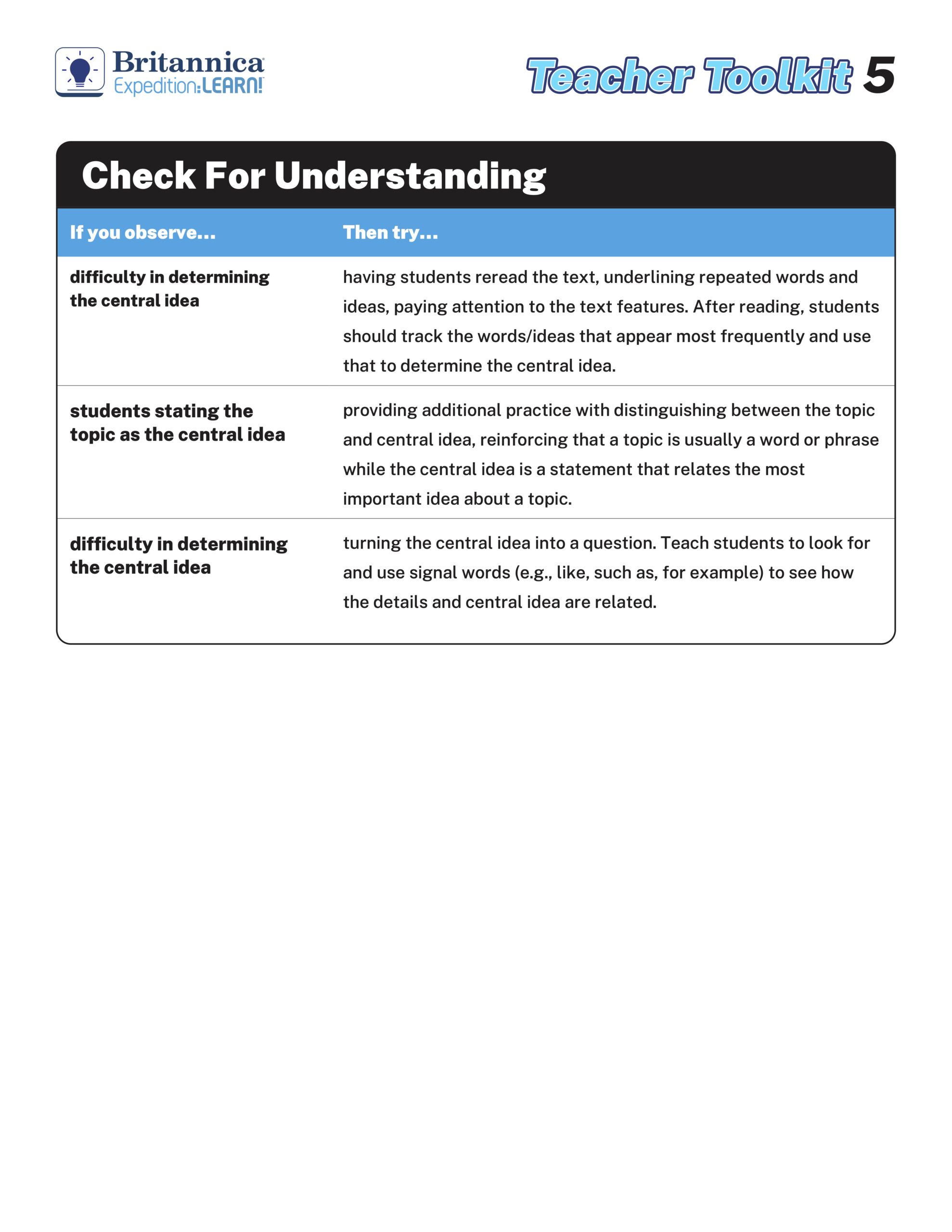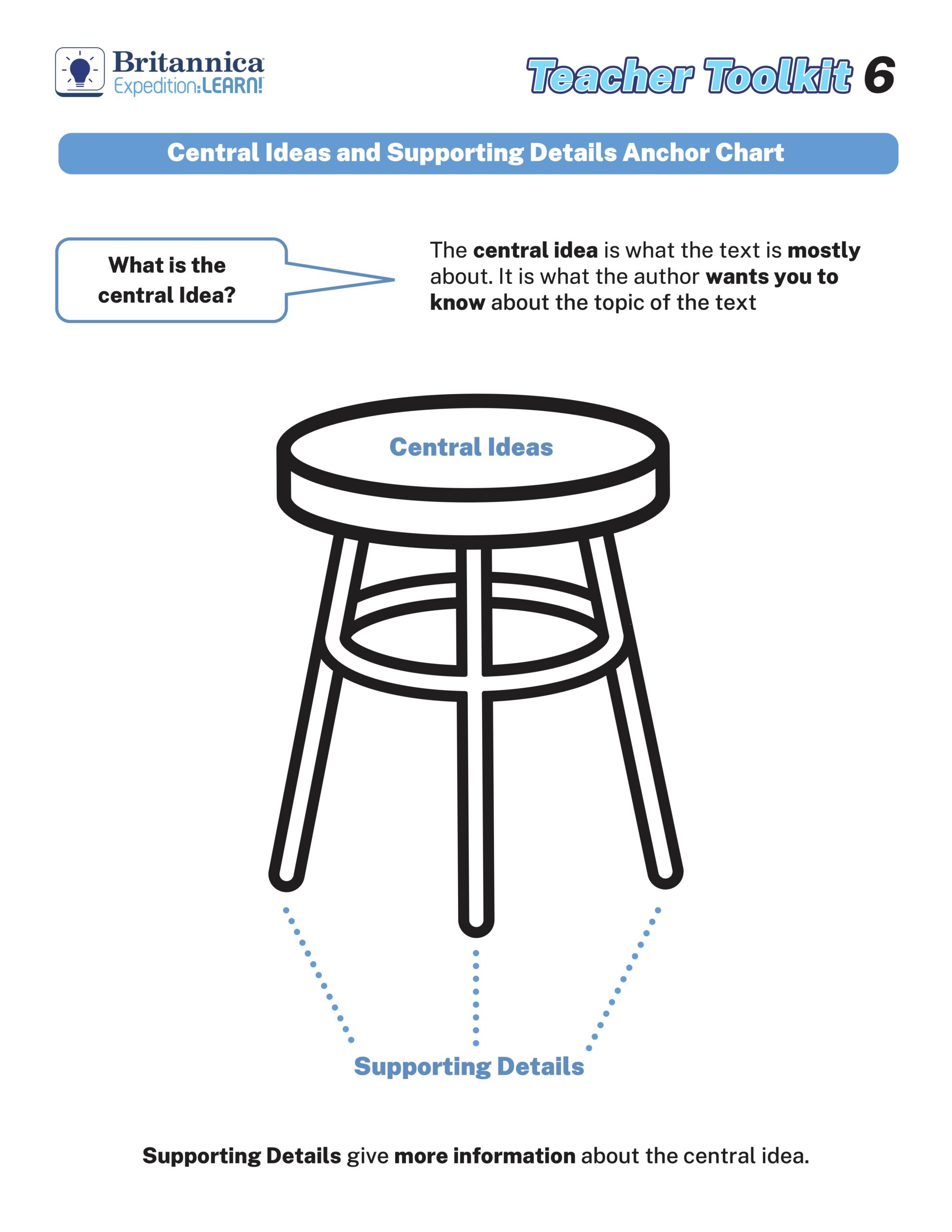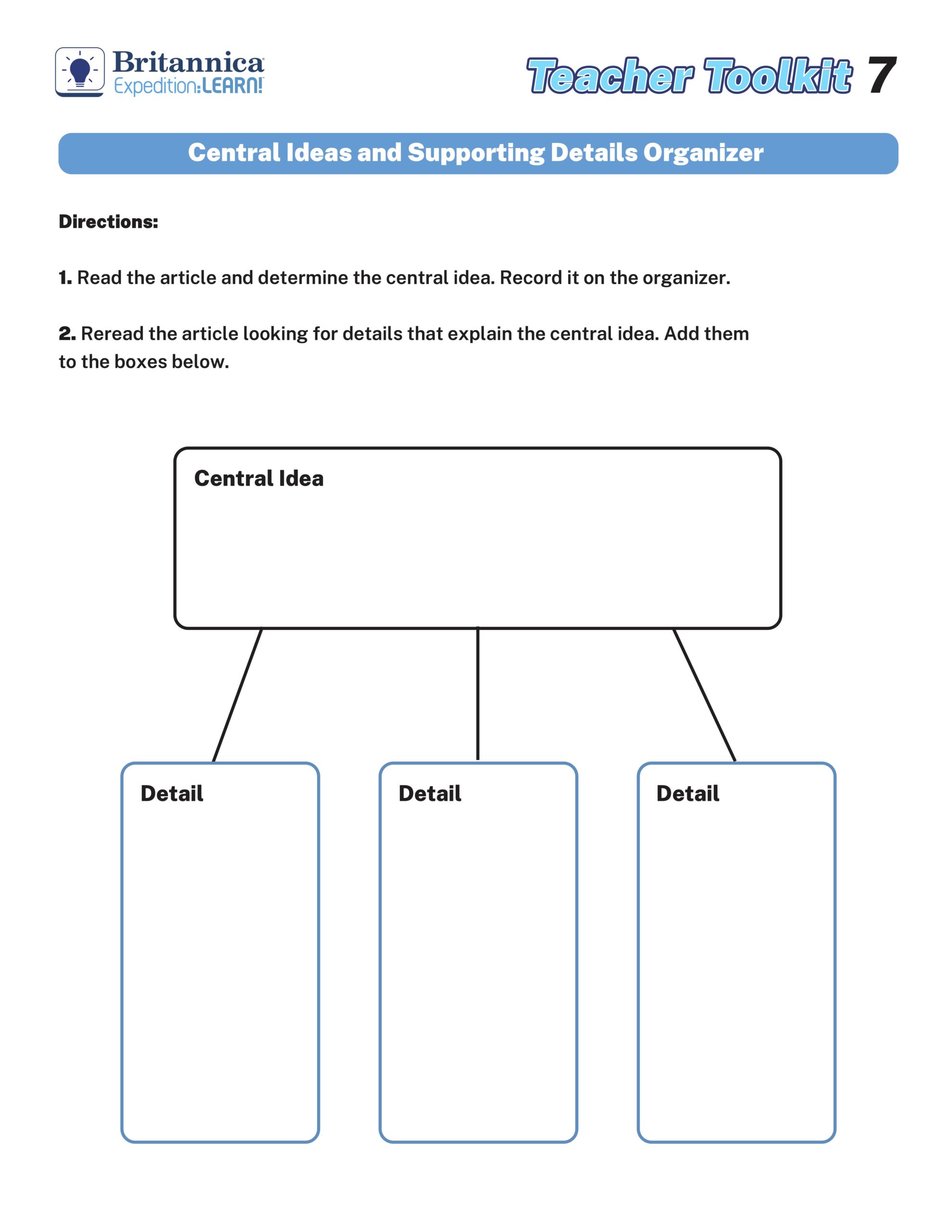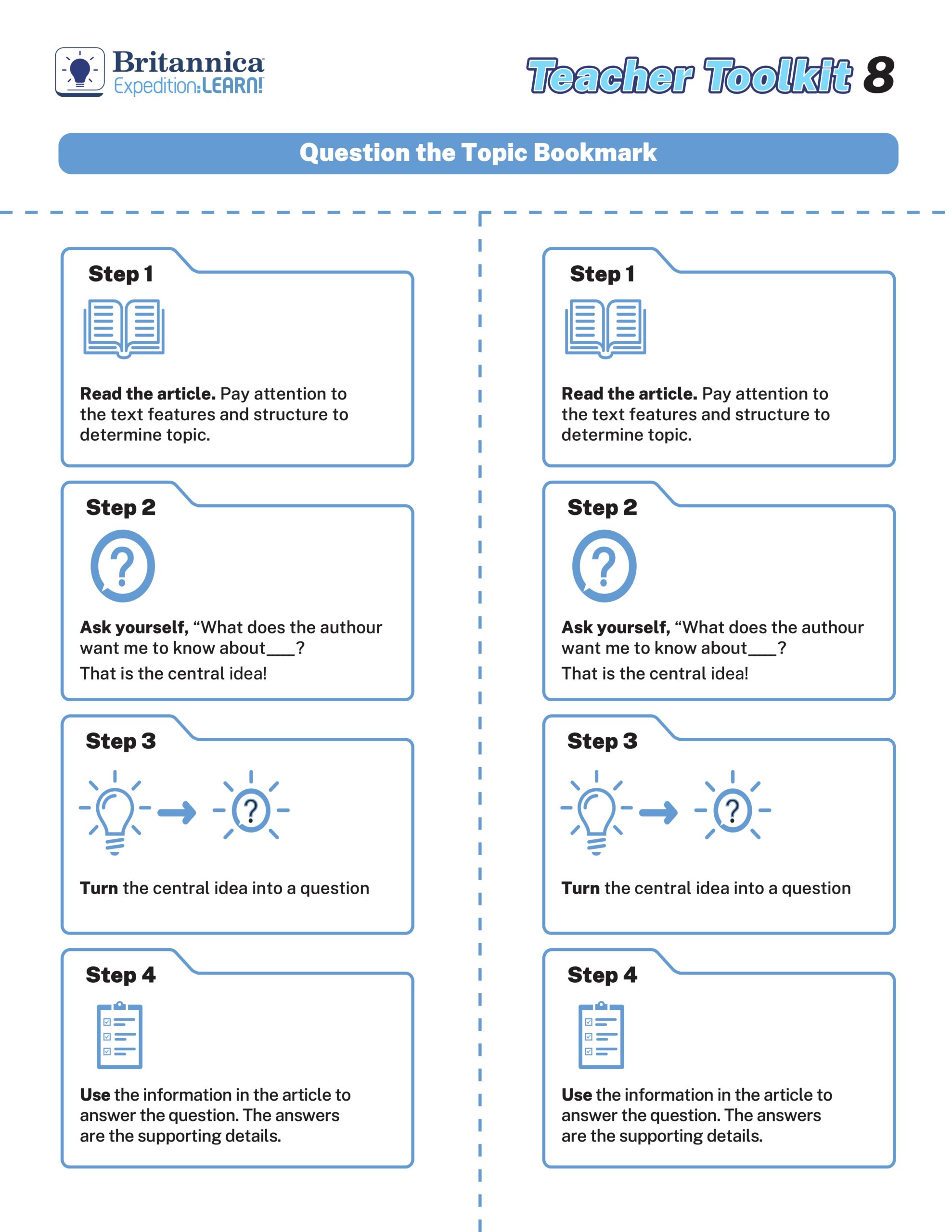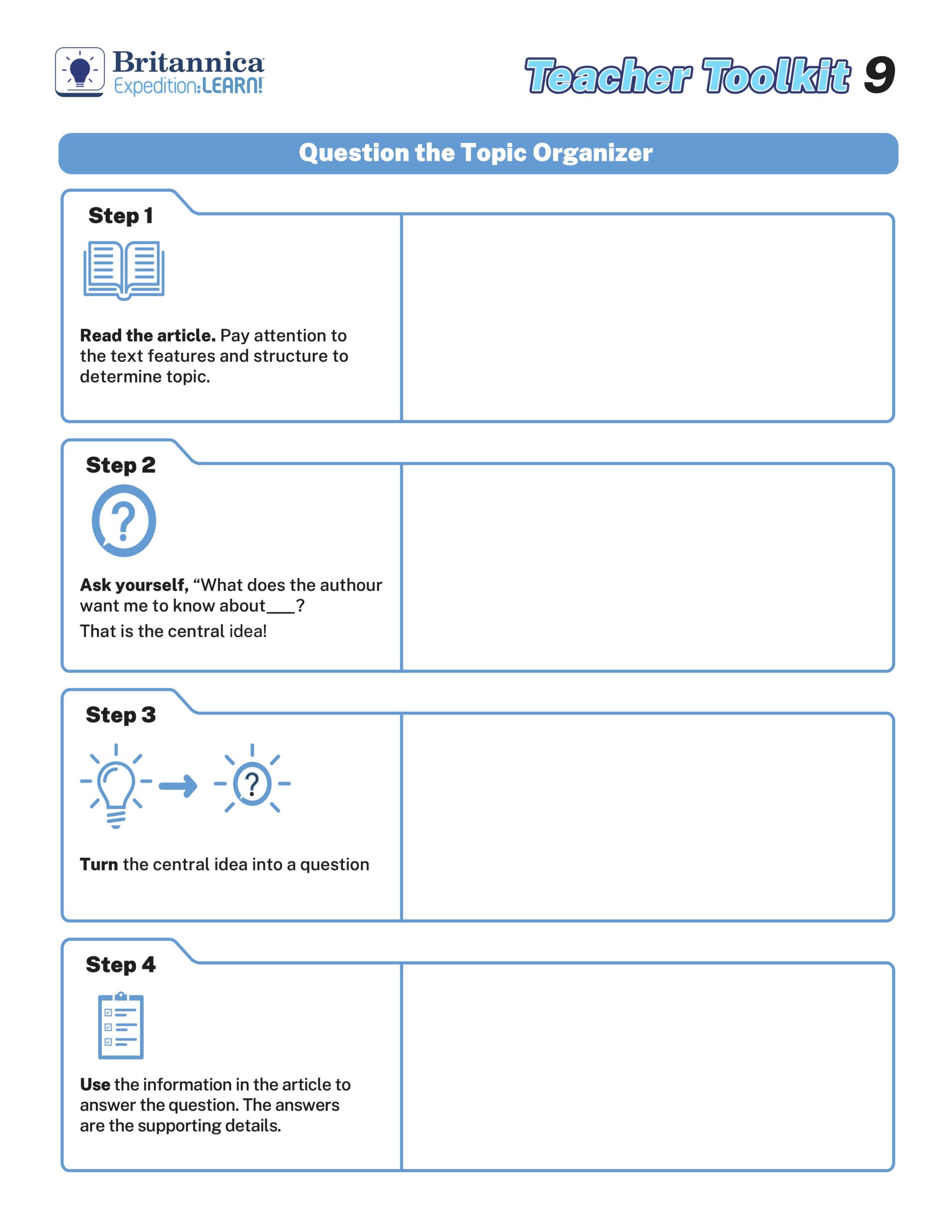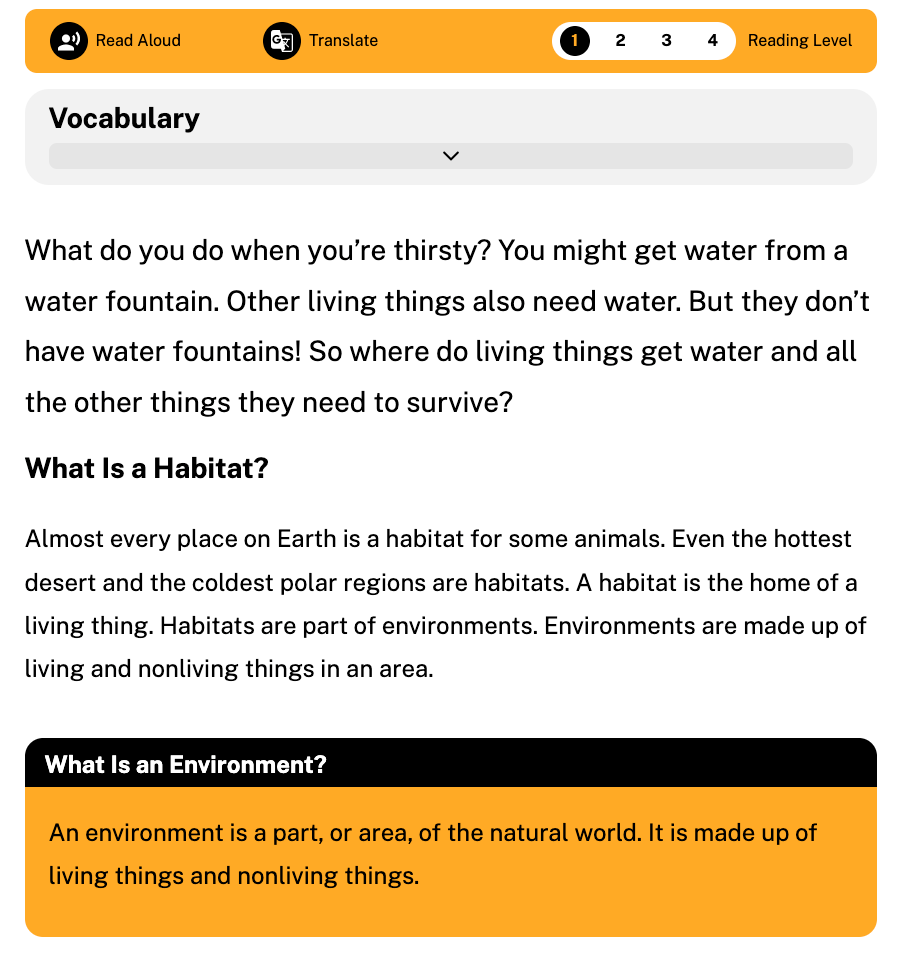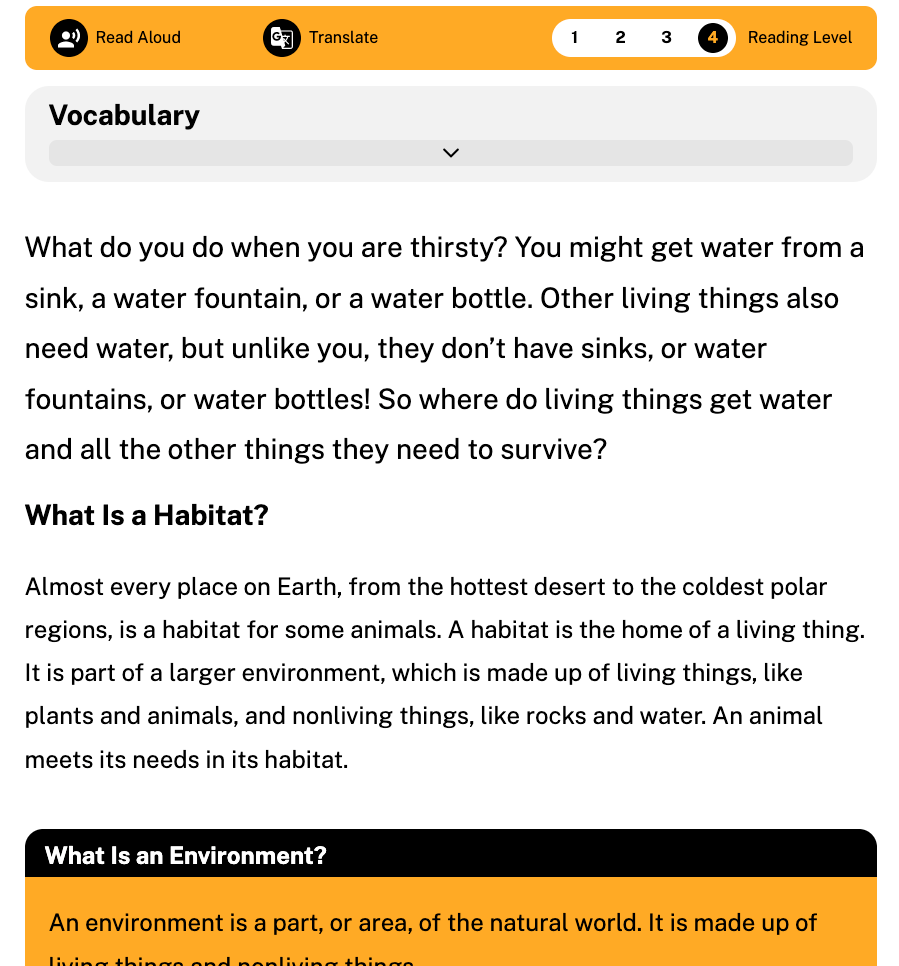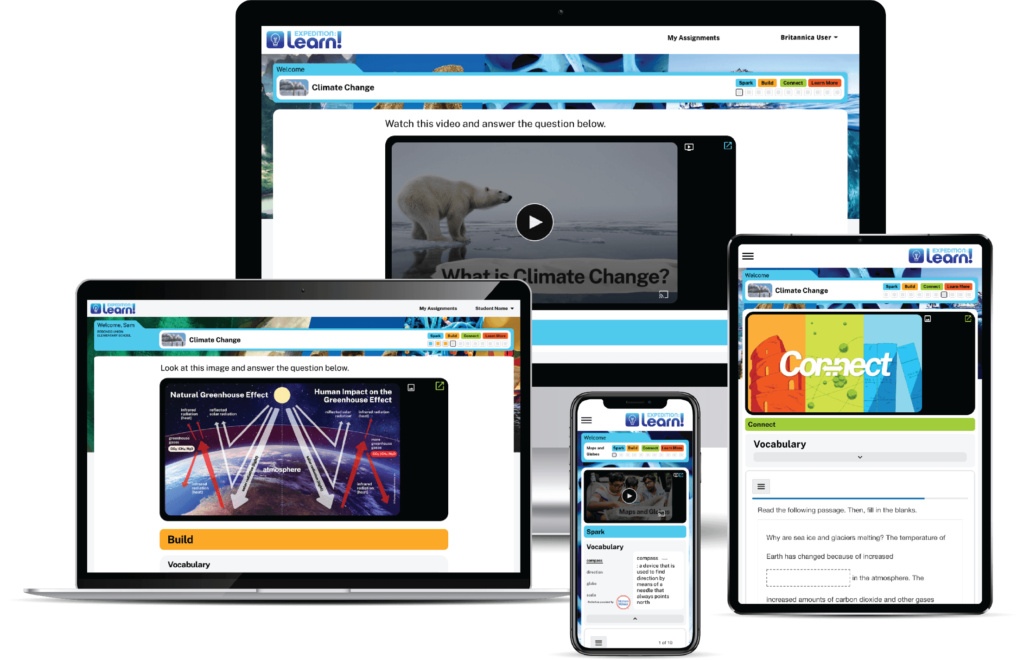The Value of Inquiry is a process of learning that involves a number of important activities for students, including asking their own questions, investigating multiple sources of information for a purpose, thinking critically to make sense of information they’ve found, and establishing and communicating new understandings and knowledge. When students learn through inquiry, they actively make connections and sometimes discover that being wrong, or failure, is not only an option but a normal and important part of learning.

Inquiry differs from the traditional “report” assignment where students find the best information about a topic and then organize it into a final product. The process of writing a traditional ‘report’ is controlled and linear; students will know where they will end up before they start. Inquiry is more open-ended with learning that is active, shared, and based on student-generated questions. Through inquiry, students engage in research around interesting ideas and essential questions. Questioning, critical thinking, and the creative development of new knowledge through inquiry are as important (if not more so) to learning as information finding through research. According to Barbara Stripling, one of the field’s thought leaders, “Inquiry is unique because it places students at the heart of learning, empowering them to follow their sense of wonder into new discoveries.” Stripling, Barbara. “Inquiry-Based Learning.” In Curriculum Connections through the Library, ed. by Barbara Stripling and Sandra Hughes Hassell. Libraries Unlimited, 2003.
Perhaps one of the greatest benefits of inquiry is that it helps students discover that learning is a cycle. Each experience is a problem to solve or a task for creating something that begins with a set of questions that likely lead to another set of questions with deep learning as the desired outcome.

There is no defined end and there is just as much value (if not more!) in the experiences that don’t go as planned as the ones that do. Students are asked to reflect on their work, their results, and the process they used to get them. Studies consistently show that student attitudes and levels of motivation to pursue learning on their own increase when they are engaged in inquiry-based activities. The role of the teacher in this model is to facilitate, not direct, student learning—to ask questions to prompt thinking, to provide feedback that can move thinking forward, and to connect students to appropriate resources while also giving them enough room to be making choices on their own, to make mistakes, and, yes, to be wrong. We’d love to hear what you think about inquiry, how you have used it, the challenges you’ve faced, and the benefits you and your students have gained!


